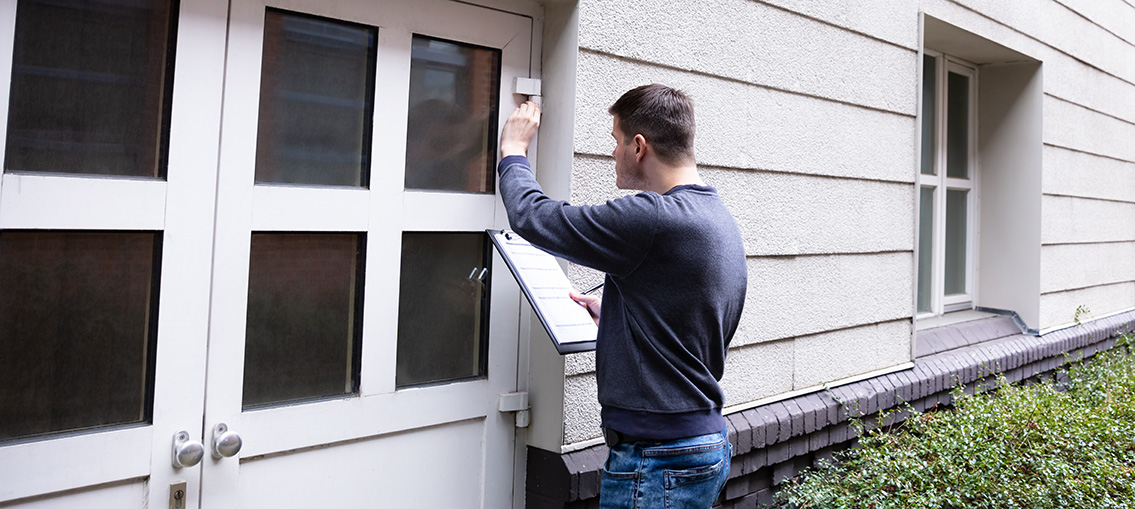One of the most important things a homebuyer can do when shopping for a new home is to inspect it for potential problems. This doesn’t just mean checking for mold or mildew–it also means making sure the appliances, pipes, and fixtures are functioning properly and that the property’s structure is in good condition.
A home’s foundation is a crucial part of the property and it needs to be examined for any signs of cracking or subsidence. A foundation crack or subsidence can cause structural damage and can lead to flooding and serious water-related issues.
The foundation is also a key indicator of the quality of the construction, so a qualified engineer should be hired to examine it. They should check the soil for problems like grading or drainage, retaining walls, and plant damage that might affect the foundation.
Another key area that a professional should investigate is the basement, where it’s important to check for signs of water infiltration or sewage backup. A basement that floods or leaks can cause severe structural damage, which can make the home unlivable, as well as expensive to repair.
A basement that is in poor condition could also lower the value of the home. Unless it’s been thoroughly inspected and upgraded, a buyer should not buy a home with basement problems.
If you spot a problem during your walk through and the inspection, do not sign the closing documents without discussing it with your agent. They will know whether you have the right to rescind the transaction or back out, and how your state’s laws work in the situation.
You can also file a lawsuit against the seller for undisclosed problems with the home. However, you’ll need to consult with an attorney to determine how to proceed.
Buying a home is a long and complicated process, and it’s easy to miss some problems that aren’t necessarily obvious. But it’s not impossible to avoid major issues with a thorough inspection and by keeping a close eye on the property throughout the process.
What defects to look for when looking to purchase an existing home
Usually, buyers receive home inspections after they enter into a contract for the property. They typically get one or more professional inspections, and the results are used as evidence in the closing transaction.
The inspector will look for any systems, components, or materials that are considered to be material defects, according to the International Association of Certified Home Inspectors. These include roofs, foundations, and electrical, plumbing, and heating/cooling systems.
Some systems and components may be beyond their normal useful life, but they still need to be inspected by an expert. This could be a furnace that’s been serviced but still has an issue, or a window that has been damaged by a storm or is no longer able to open and shut easily.
Many states have requirements for sellers to disclose any material defects in the property before the sale is complete. This can include anything from minor flaws (like scratches on a kitchen counter) to major problems with a plumbing system, septic tank, or other system. If a seller fails to disclose any defects that are considered material, you have the right to cancel the transaction and recover some or all of your money from the seller, depending on the state.
